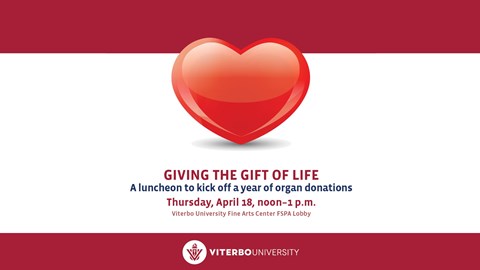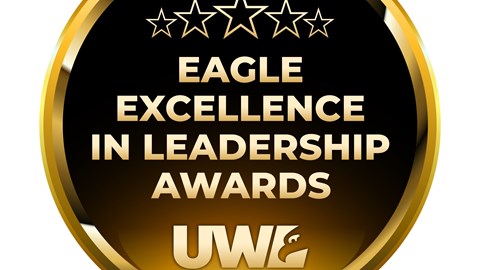Undergraduate program
Exercise & Sport Science
Undergrad major Teacher license Graduate degreeExercise and sport science is the study of human movement as it relates to exercise and sport. Study ranges from how the body works at the cellular level to the broad, overarching activities and sports that can become a prescription to promote health and improve performance.
Areas of study
Exercise Science: Fitness Track Exercise Science Emphasis: Fitness Track
Students who select the exercise science fitness track are prepared for employment in the fitness industry including positions in fitness testing/assessment, program design, and instruction in a wide variety of fitness-related areas. Students are also prepared to enter a variety of graduate programs including fitness, health, human performance, and related areas.
Undergrad major View a sample plan for Exercise Science: Fitness Track Catalogfor Exercise Science: Fitness TrackExercise Science: Pre-Professional Track Exercise Science Emphasis: Pre-Professional Track
The pre-professional track is specifically designed for students interested in going on to graduate school for a career that uses the clinical application of exercise or activity (uses exercise as medicine) such as athletic training, physical therapy, occupational therapy, cardiac & pulmonary rehabilitation and more.
Undergrad major View a sample plan for Exercise Science: Pre-Professional Track Catalogfor Exercise Science: Pre-Professional TrackPhysical, Adapted, & School Health Education (PASHE)
Graduates of the physical, adapted, and school health education teaching program are prepared and licensed to teach K-12 physical education, adapted physical education, and school health education in Wisconsin, nationally, and internationally. Supply exceeds the demand for physical education, adapted, and school health teachers, and graduates of the UWL program are highly sought after.
Undergrad major Teacher license View a sample plan for Physical, Adapted, & School Health Education (PASHE) Catalogfor Physical, Adapted, & School Health Education (PASHE)Sport Management Emphasis
Sport management is the business side of sport and recreation. The major prepares students for a variety of sport-related careers within professional sports, intercollegiate athletics, community/recreational sports, corporate sports organizations, non-profit organizations, and the fitness industry.
Undergrad major View a sample plan for Sport Management Catalogfor Sport Management Learn more for Sport ManagementPhysical Education Teaching
Graduate degreeUndergrad + graduate dual degree
This dual degree program enables a student to receive both a Bachelor of Science degree in exercise science pre-professional major and a Master of Science in athletic training. Students apply for admission to the ESS: exercise science pre-professional major first, and then later, to the athletic training graduate program. Students typically complete the undergraduate requirements in three years followed by 23 months in the athletic training graduate program.
Undergrad major Graduate degreeGraduate programs
Featured courses
Get assistance
Upcoming events
Latest news
 Lifting — each other up
Student employee of the year reflects on her years working in the REC’s welcoming fitness community
Lifting — each other up
Student employee of the year reflects on her years working in the REC’s welcoming fitness community
 Putting UWL on the map
Annual student mapping event provides research experience, internship opportunities
Putting UWL on the map
Annual student mapping event provides research experience, internship opportunities
 Serving the state
Kernozek, known for work in physical therapy, named to governor's healthcare task force
Serving the state
Kernozek, known for work in physical therapy, named to governor's healthcare task force











